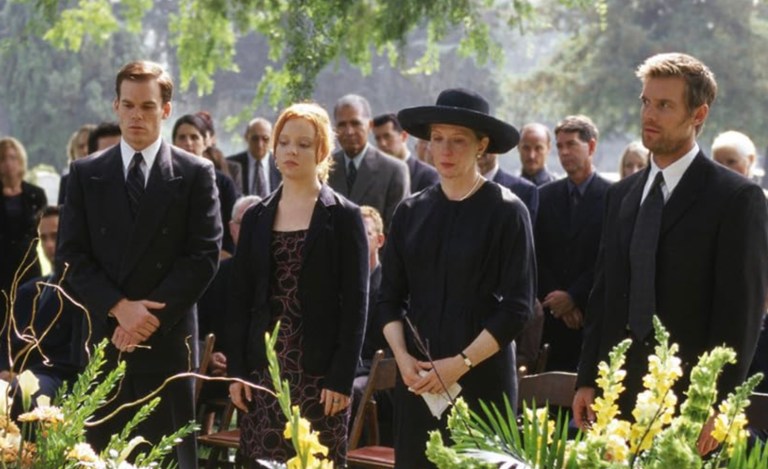
5 Reasons Men Suffer Lovesickness More Than Women
A recent survey by matchmaking website Elite Singles found that men may in fact suffer lovesickness more easily and more frequently than women.
A recent survey by matchmaking website Elite Singles found that men may in fact suffer lovesickness more easily and more frequently than women.
Among a survey of 501 members in the UK & Ireland, men were 25% more likely to respond that they suffer lovesickness after every relationship. Fewer, meanwhile, indicated they had to be “really in love” to experience feelings of heartache (65% vs. 75%). Whether these results suggest a propensity among men to be more adversely affected by a breakup, or maybe that men succumb to the feeling of being in love more easily, it’s possible that some of the stereotypes we hold about how men and women handle breakups are due a revision. But what can we give as possible reasons for these findings? Below I offer my 5.

1. Women are more often the one to break off the relationship.
An obvious place to start, but research consistently suggests that women are more often the instigator of a breakup. While feelings of lovesick no doubt unsettle both parties, the relationship’s ending is without doubt more upsetting for the person happier in the relationship.
2. The break-up is more shocking for men.
It’s unsurprising then, as a study by the Carnegie Mellon University found out, that women are better at adjusting to the end of the relationship than men. The ability to consider the break-up scenario and, in essence, mentally plan in advance for being single again, should help smooth feelings of heartache. This is not to say they have their next target in the crosshairs, but simply that (especially if they are the one to instigate the break-up) women are often better at recognising the signals than men and are coming to terms with the end. On the contrary, men can be entirely shocked by the break-up –even if they recognise some issues in their relationship, they may not have imagined the break-up as the woman has.
3. Male propensity to overestimate women’s interest.
It’s highly likely that men often suffer ‘lovesickness’ even when they have not been in a long-term relationship. 35% in the Elite Singles study said they did not have to be really in love to experience heartache. It’s highly probable that a number of men in the study mistook the difference between being lovesick and having unrequited love; but the effects of the two are no doubt similar.
4. Men have no other emotional support.
This is an important one. Often men’s sole confidant for personal or emotional issues is their girlfriend or wife. Women typically have larger groups of friends for emotional support, whilst men are prone to relying on their partner. Numerous studies have unearthed this male dependence on a relationship for intimacy and personal support, whilst women often have a network of others. Upon breaking-up, men find it difficult to deal with both the loss of their love and the loss of their basis for emotional stability; often their ‘lovesickness’ is therefore much more than simply a loss of romance.
5. The masculine ego is hurt more by losing a relationship.
This is, admittedly, pure speculation. But men are often excellent at repressing their feelings, being unwilling to admit to themselves and others that the good life they had is over. As the survey shows, men are affected by losing their partner much more than commonly thought, but the longer it takes to admit this, accept being hurt and seek help from others, the quicker they can move on. ![]()











